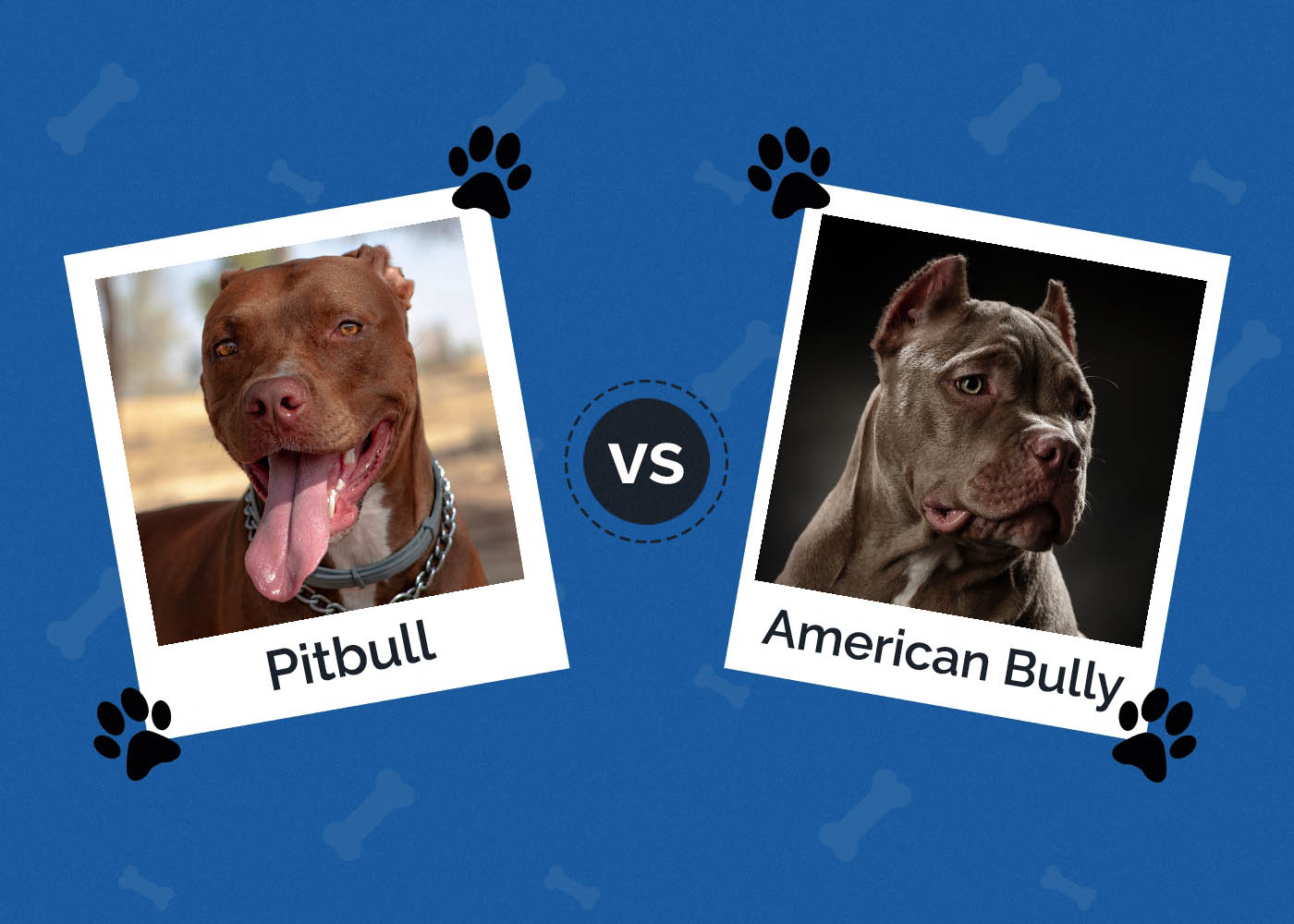When it comes to music icons, few artists have made as big of an impact as Pitbull. The man, the myth, the legend – but have you ever wondered about his ethnic background? Let's dive into the fascinating story behind this global superstar and uncover the cultural roots that have shaped his music and persona. Get ready for a journey through his heritage, because it's about to get interesting, trust me, amigo.
Pitbull, whose real name is Armando Christian Pérez, is more than just a rapper or performer. He's a cultural phenomenon who's managed to bridge gaps between different communities through his music. But to truly understand the man, we need to explore his ethnic background and how it's influenced his career. This isn't just about facts; it's about understanding the soul behind the music.
Now, before we get too deep into the details, let me just say this: Pitbull's story is one of triumph and cultural pride. It's a tale of roots and wings, of staying true to who you are while conquering the world. So buckle up, because we're about to take a ride through his past, present, and future – all while keeping his ethnic background front and center. Let's go!
Daftar Isi
Cuban Heritage: The Heart of His Roots
Language and Cultural Identity
How Ethnic Background Shapes His Music
Cultural Impact on the Music Industry
Challenges Faced by Latin Artists
Building a Legacy Through Diversity
Biography: Who is Pitbull?
Before we dive into Pitbull's ethnic background, let's get to know the man behind the music. Born on January 15, 1981, in Miami, Florida, Armando Christian Pérez grew up in a household filled with music and culture. His Cuban roots played a significant role in shaping his early years, and his parents instilled a deep sense of pride in his heritage. This pride would later become a defining feature of his music and public persona.
Here's a quick look at Pitbull's personal details:
| Full Name | Armando Christian Pérez |
|---|---|
| Birthdate | January 15, 1981 |
| Place of Birth | Miami, Florida |
| Occupation | Rapper, Singer, Entrepreneur |
| Ethnicity | Cuban-American |
Pitbull's journey to fame wasn't an overnight success. He worked hard, hustled, and stayed true to his roots. His music reflects this hustle, and his ethnic background plays a crucial role in his unique sound. But let's not get ahead of ourselves – let's first explore his Cuban heritage.
Pitbull's Ethnic Background
When you think of Pitbull, you probably think of Latin music, Miami vibes, and a whole lot of energy. But what exactly is his ethnic background? Simply put, Pitbull is Cuban-American. His parents emigrated from Cuba to the United States, bringing with them a rich cultural heritage that would shape their son's life and career.
Growing up in Miami, Pitbull was surrounded by a vibrant Cuban community. This environment was instrumental in shaping his identity and his music. His parents, especially his father, were heavily involved in the local music scene, which exposed young Armando to a variety of musical influences from an early age.
Now, let's break it down. Pitbull's Cuban background isn't just a label – it's a lived experience. It's the food, the language, the music, and the traditions that have all come together to create the artist we know today. But how exactly does this background influence his music? Let's find out.
Cuban Heritage: The Heart of His Roots
Cuban culture is deeply embedded in Pitbull's DNA. From the rhythm of salsa to the beats of reggaeton, his music is a celebration of his Cuban heritage. But it's not just about the music – it's about the values and traditions that come with it. Pitbull often talks about the importance of family, community, and cultural pride, all of which are central to Cuban culture.
Here are some key aspects of Cuban culture that have influenced Pitbull:
- Music: Cuban music is known for its vibrant rhythms and infectious energy. Pitbull incorporates these elements into his music, creating a unique blend of Latin and hip-hop sounds.
- Language: Spanish is an integral part of Pitbull's identity. He often switches between English and Spanish in his lyrics, showcasing his bilingual abilities.
- Traditions: From the food to the festivals, Cuban traditions are a big part of Pitbull's life. He often references these traditions in his music and public appearances.
His Cuban heritage is more than just a backdrop – it's the foundation of his artistry. It's what makes his music so authentic and relatable to fans around the world.
Family Influence on His Music
Pitbull's family played a crucial role in shaping his career. His parents, both Cuban immigrants, instilled in him a strong sense of cultural pride and work ethic. They encouraged him to pursue his dreams while staying true to his roots. This support was invaluable as he navigated the music industry.
His father, José Pérez, was a musician himself, which exposed Pitbull to the world of music from a young age. Growing up in a household filled with music, Pitbull learned to appreciate the power of rhythm and melody. His mother, Gloria Fajardo, taught him the importance of perseverance and resilience.
These influences are evident in Pitbull's music. He often talks about the importance of family and community, themes that resonate deeply with his audience. It's this connection to his roots that makes his music so powerful and relatable.
Language and Cultural Identity
Language is a key component of cultural identity, and for Pitbull, Spanish is an essential part of who he is. He often incorporates Spanish phrases and lyrics into his songs, creating a bilingual experience that resonates with fans across the globe. This ability to switch between languages not only showcases his linguistic skills but also highlights the diversity of his audience.
But it's not just about the language – it's about the culture that comes with it. Spanish is more than just a means of communication; it's a bridge to his Cuban heritage. Pitbull uses language to connect with his fans, to share his stories, and to celebrate his roots.
Here are some ways Pitbull uses language in his music:
- Switching between English and Spanish to create a bilingual experience.
- Incorporating Spanish phrases and slang to add authenticity to his lyrics.
- Using language to convey cultural themes and messages.
His ability to connect with a diverse audience through language is one of the reasons why he's such a successful artist. It's not just about the music – it's about the message.
How Ethnic Background Shapes His Music
Pitbull's ethnic background is the backbone of his music. It influences everything from his sound to his lyrics to his public persona. His Cuban heritage gives his music a unique flavor that sets him apart from other artists. But how exactly does this background shape his music?
First and foremost, it's about the rhythm. Cuban music is known for its infectious beats and vibrant rhythms, and Pitbull incorporates these elements into his music. His songs are a fusion of Latin and hip-hop sounds, creating a unique blend that appeals to a global audience.
Secondly, it's about the message. Pitbull often uses his music to celebrate his heritage and promote cultural pride. He talks about the importance of family, community, and staying true to your roots. These themes resonate deeply with his audience, especially those who share similar backgrounds.
Finally, it's about the authenticity. Pitbull's music is genuine and heartfelt, reflecting his experiences and cultural identity. This authenticity is what makes his music so powerful and relatable.
Cultural Impact on the Music Industry
Pitbull's impact on the music industry cannot be overstated. As a Cuban-American artist, he has helped to bring Latin music to the forefront of the global stage. His success has paved the way for other Latin artists, proving that there is a place for diverse voices in the music industry.
But it's not just about the numbers – it's about the message. Pitbull has used his platform to promote cultural diversity and inclusion. He's a vocal advocate for Latin artists and has worked tirelessly to create opportunities for them in the industry.
Here are some ways Pitbull has impacted the music industry:
- Breaking down barriers for Latin artists.
- Promoting cultural diversity and inclusion.
- Creating opportunities for emerging artists.
His influence extends beyond the music industry, inspiring a new generation of artists to embrace their cultural identities and share their stories with the world.
Challenges Faced by Latin Artists
While Pitbull's success is undeniable, it's important to acknowledge the challenges faced by Latin artists in the music industry. Despite the growing popularity of Latin music, many artists still struggle to gain recognition and opportunities. These challenges include:
- Language Barriers: Many Latin artists face difficulties in reaching a global audience due to language barriers.
- Cultural Stereotypes: Latin artists often have to contend with stereotypes and misconceptions about their culture.
- Limited Opportunities: Despite the growing popularity of Latin music, opportunities for Latin artists are still limited compared to their non-Latin counterparts.
Pitbull has been a vocal advocate for addressing these challenges, using his platform to promote diversity and inclusion in the music industry. His efforts have helped to create a more level playing field for Latin artists, paving the way for future generations.
Building a Legacy Through Diversity
Pitbull's legacy is built on a foundation of diversity and inclusion. He has used his platform to promote cultural pride and celebrate his Cuban heritage. His music is a testament to the power of authenticity and the importance of staying true to your roots.
As he continues to evolve as an artist, Pitbull remains committed to promoting diversity in the music industry. He's a role model for aspiring artists, proving that success is possible when you stay true to who you are. His legacy is one of cultural pride, musical innovation, and unwavering authenticity.
The Future of Latin Music
The future of Latin music looks bright, thanks in large part to artists like Pitbull. As more Latin artists gain recognition and opportunities, the genre is poised to continue its rise in popularity. This growth is not just about numbers – it's about creating a more inclusive and diverse music industry.
Pitbull's influence will undoubtedly shape the future of Latin music. His commitment to promoting cultural diversity and inclusion sets a standard for future generations of artists. As the industry continues to evolve, we can expect to see more Latin voices breaking through and making their mark on the global stage.
Kesimpulan
In conclusion, Pitbull's ethnic background is a crucial part of who he is as an artist. His Cuban heritage has shaped his music, his message, and his public persona. From his bilingual lyrics to his cultural pride, Pitbull's music is a celebration of his roots and a testament to the power of authenticity.
As we've explored throughout this article, Pitbull's impact on the music industry is significant. He's broken down barriers for Latin artists, promoted cultural diversity, and created opportunities for emerging talent. His legacy is one of cultural pride, musical innovation, and unwavering authenticity.
So, what can you do? Share this article with your friends, leave a comment, and let us know what you think. Together, we can continue to promote diversity and inclusion in the music industry. The future is bright, and it starts with celebrating our differences and embracing our shared humanity. Let's make it happen, amigos!


